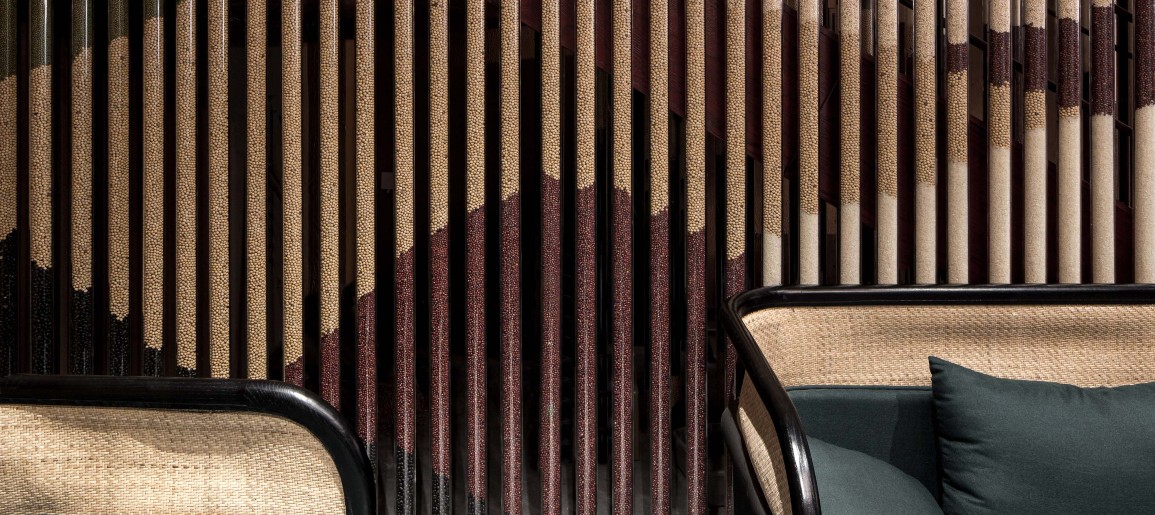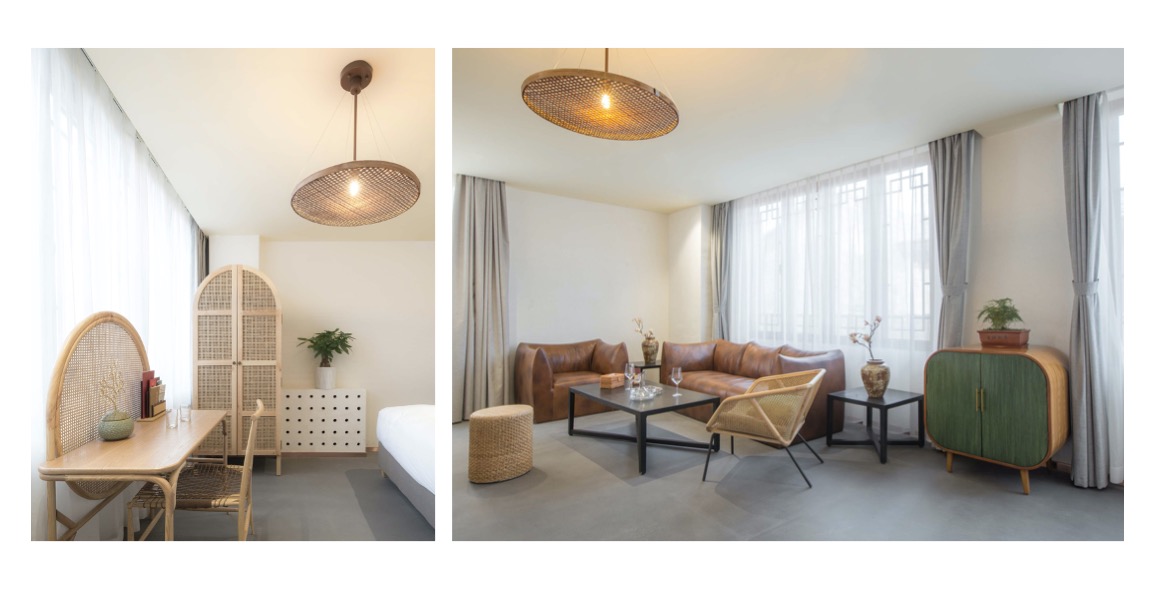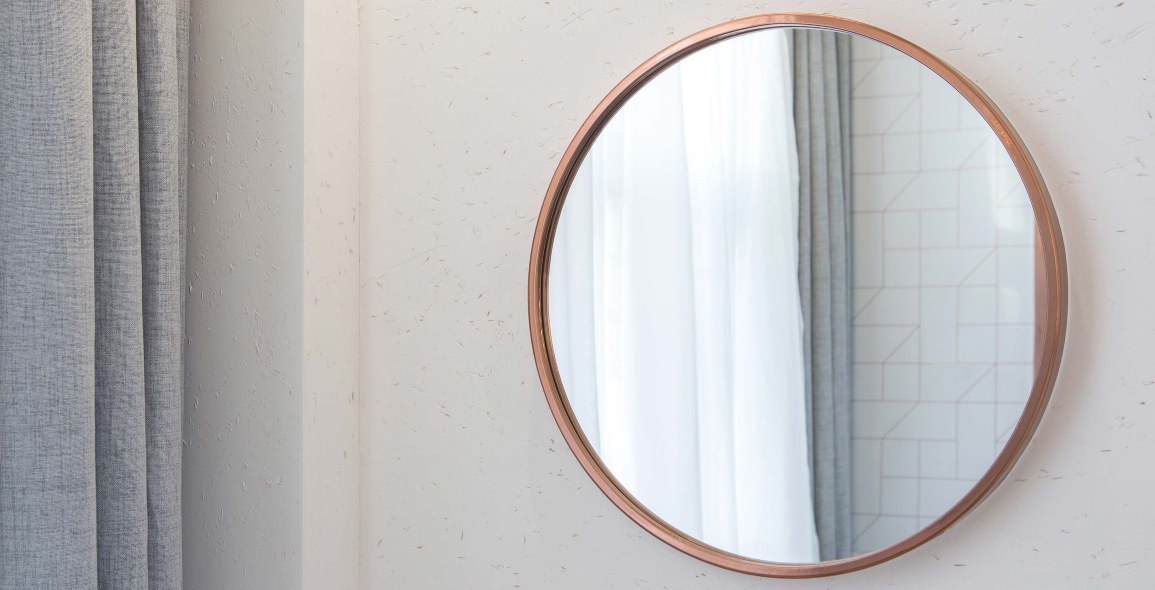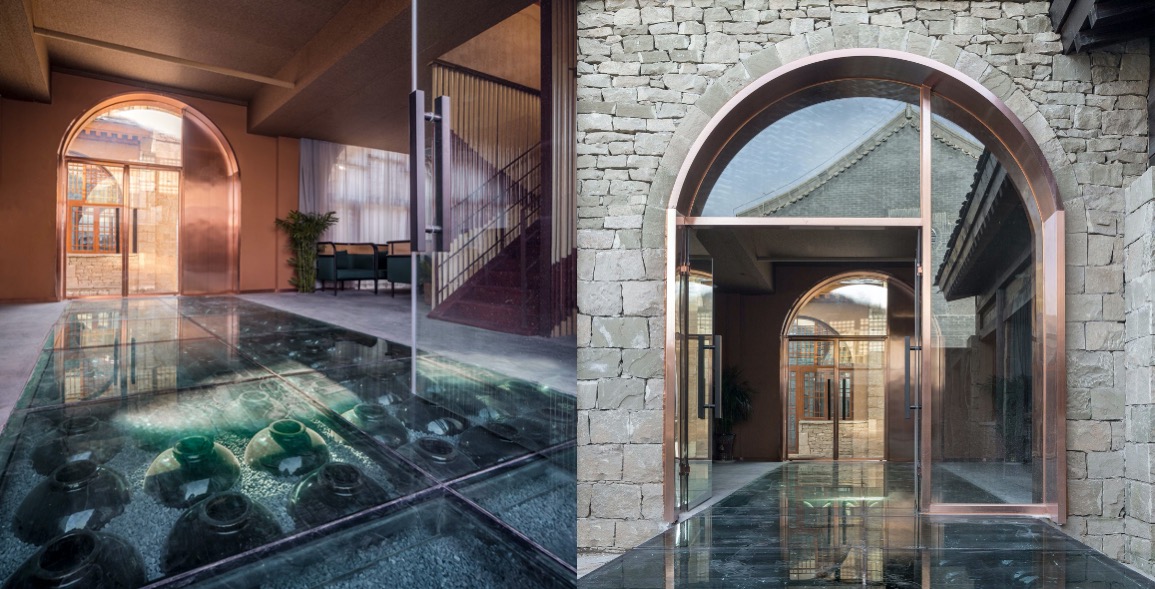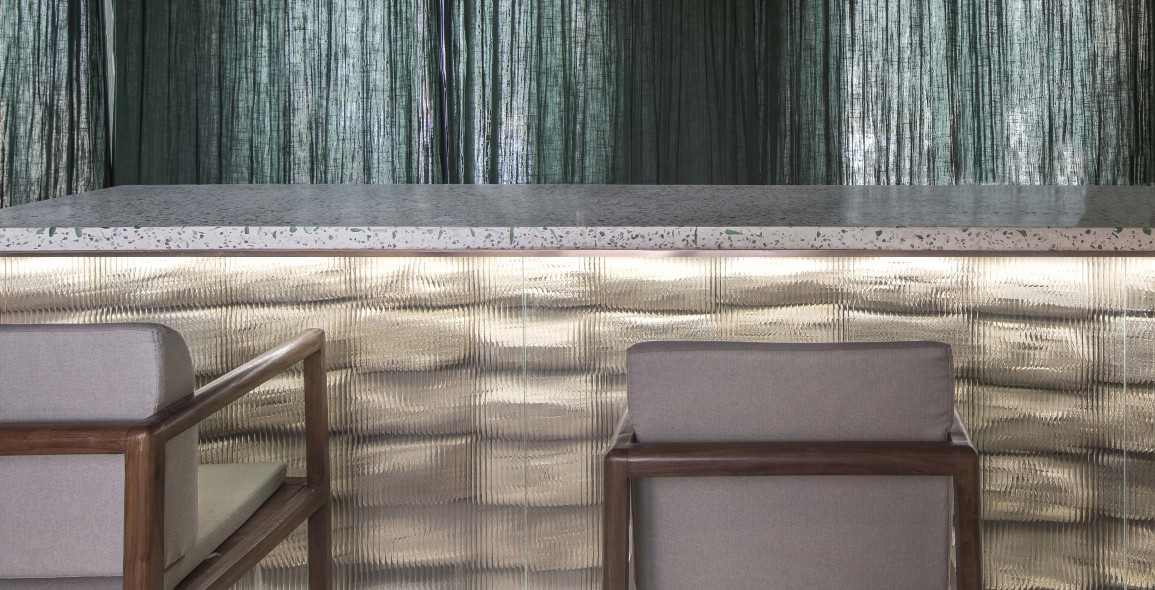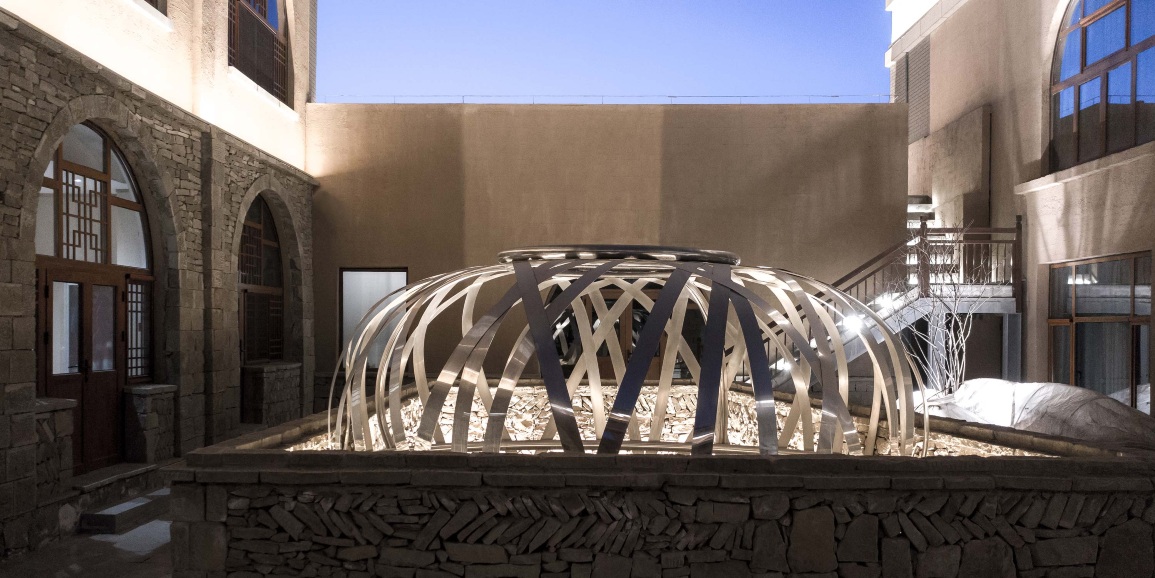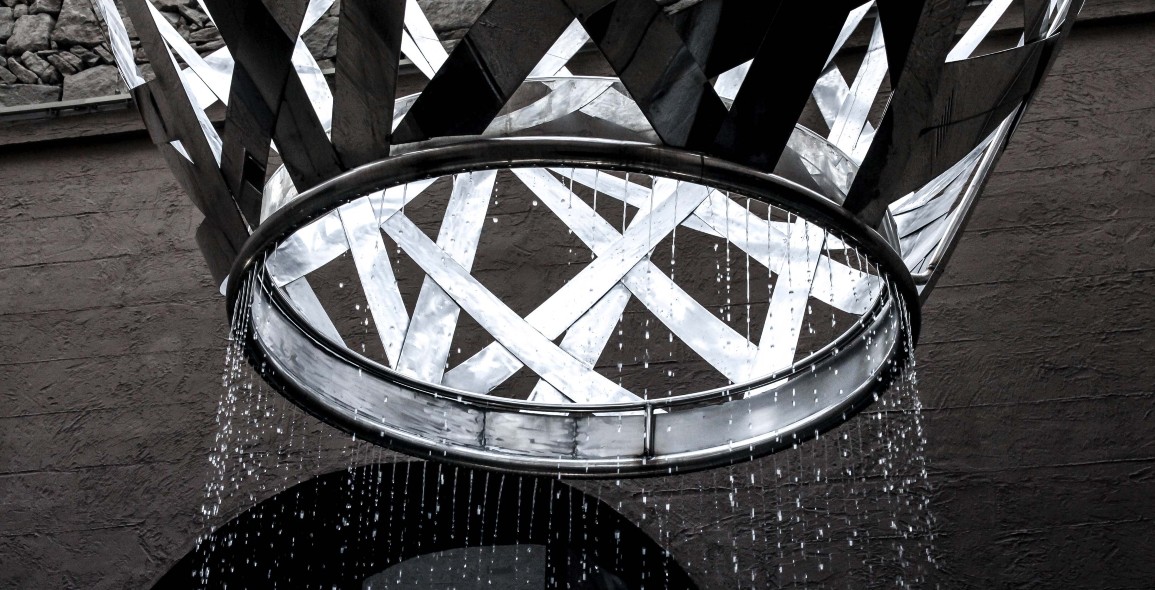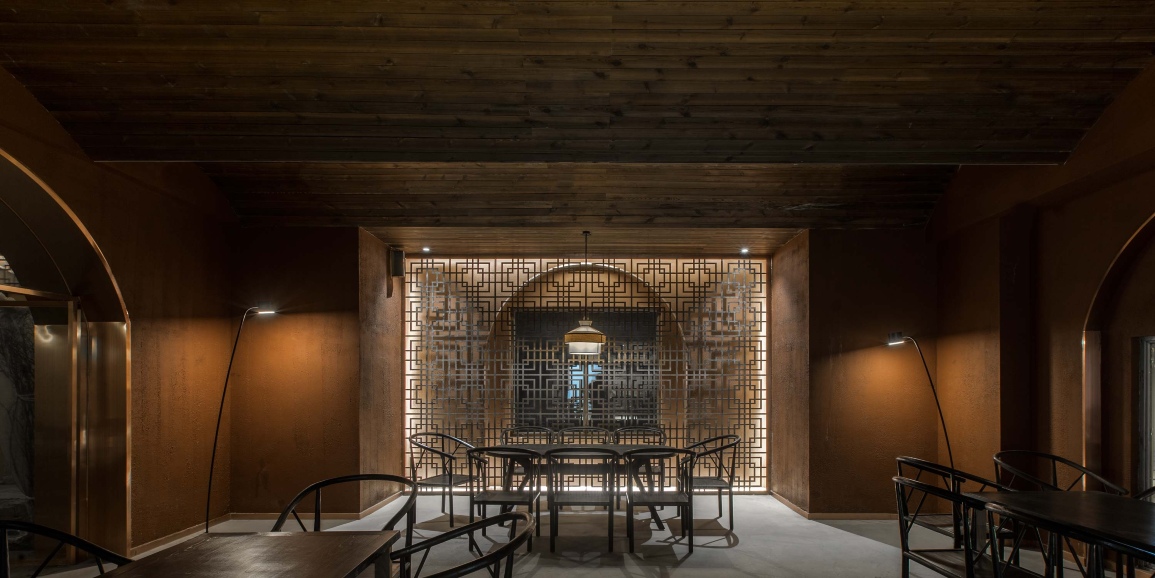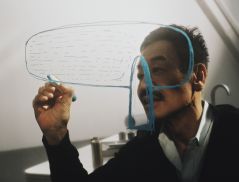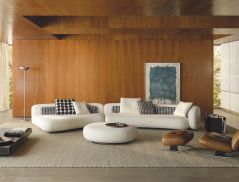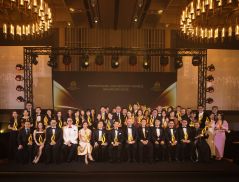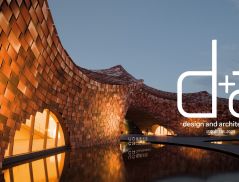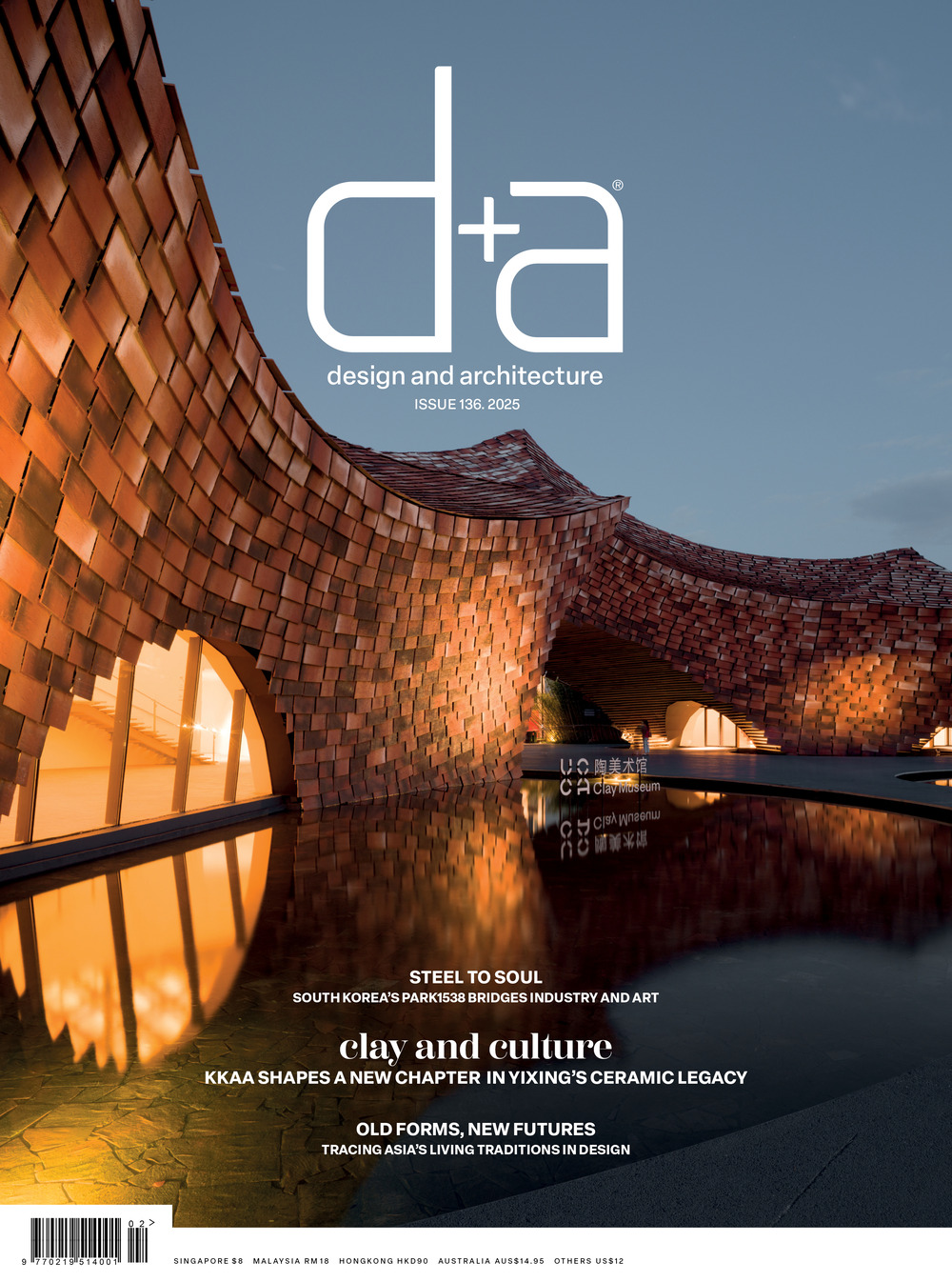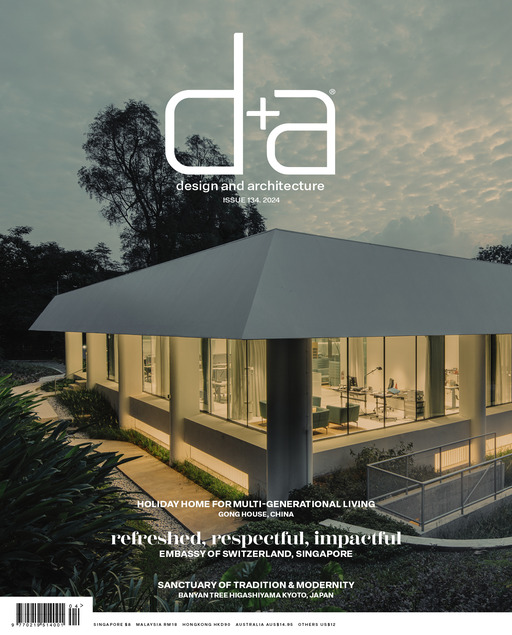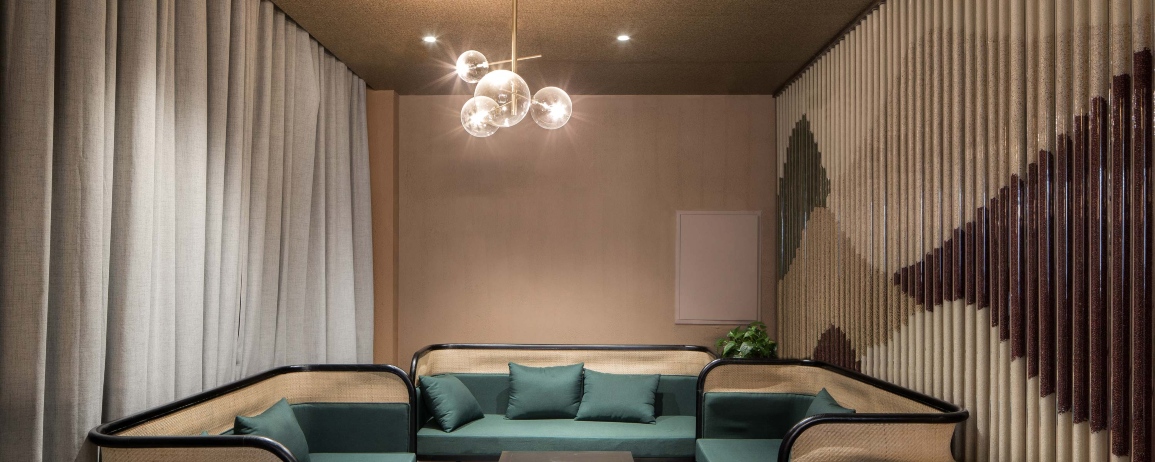
A stay at Chinese Liquor Boutique Hotel almost feels like an invitation to get drunk.
Literally designed around its name, the property in the city of Yan’an in China’s Shaanxi Province is by the multi-disciplinary design studio Zhijian Workshop.
“Zhijian” means “between” in Chinese and its works blur the boundaries between architecture, design, landscaping and art – as demonstrated in Chinese Liquor Boutique Hotel.
“We created an architectural scenography that gives people a singular sensory experience of the making of traditional Chinese liquor, a process has been used over centuries in China,” explains project lead Aurelien Chen.
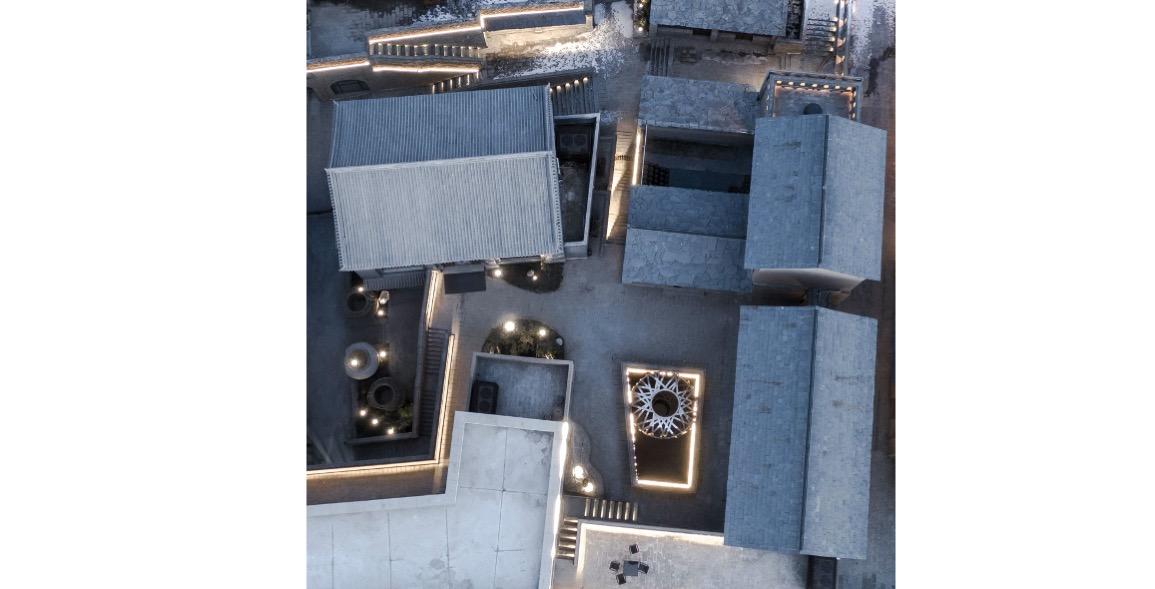
Upping the ante was the client’s directive to keep costs low during the renovation of the existing building.
Unfazed, Chen and his team decided to adopt a more artistic approach, centred on four imagery: seeds, ceramic jars, bricks and weaves.
These are cleverly integrated into the circulation flow of the indoor and outdoor areas that had to be reorganised as part of the renovation.
“We created a system that naturally links the different spaces through an artistic itinerary and guides the guests through the discovery of the different stages of liquor-making,” Chen points out.
Step through the entrance and what catches the eye is a wall of Plexiglas tubes filled with four different coloured seeds – the very same raw material used to make Chinese liquor.
These fill up each tube to form an undulating pattern, their warm tones and shades of brown and ochre replicated in other parts of the lobby for consistency.
Seeds are also found in the painted walls of the guest rooms, giving them a unique texture.


Back at the lobby, transparent glass doubles up as the flooring, while covering an arrangement of ceramic jars embedded in the earth.
These represent the fermentation phase of the liquor production.
Presented the way that Zhijian has, not only do they evoke ancient ruins, but also remind guests of the courtyards of traditional distilleries.
“Jars were placed on the floor, very close to each other, entirely covering the surface of the floor and forming a sort of carpet,” describes Chen.
This extends to an outdoor courtyard and ends at the base of a stack of jars that make up a water fountain.
Their influence extends into the colour palette, where black marble is used for the front desk and wood of the same tone is used for the furniture of the common spaces.
In the hotel bar, the counter is made from jiu qu, a brick-shaped, solid composite of yeast and mold used for fermentation and saccharification.
Chen explains that these vegetal bricks give an olfactive experience to the diner, and is paired with a countertop made of custom terrazzo fabricated on site with pieces of green glass from local bottles of liquor.


At the heart of the hotel is the main outdoor courtyard, this time with a dome-shaped installation with a weave-like motif.
It recalls the vessel used for the transformation of liquid from steam to condensation, to form drops of alcohol.
Throughout the project, the weave-like motif repeats itself on pieces of furniture, lamps and fabrics used for wall and ceiling coverings.
Their designs are inspired by the traditional tools used for the making of Chinese liquor, such as wicker baskets and sieves.


With so many points of reference, and what is probably a very well-stocked bar, it will take a miracle to stay sober while residing at this boutique hotel.
Just be careful not to damage its beautiful design when those alcohol defenses are breached.


 Share
Share
